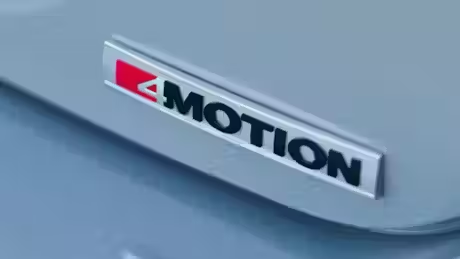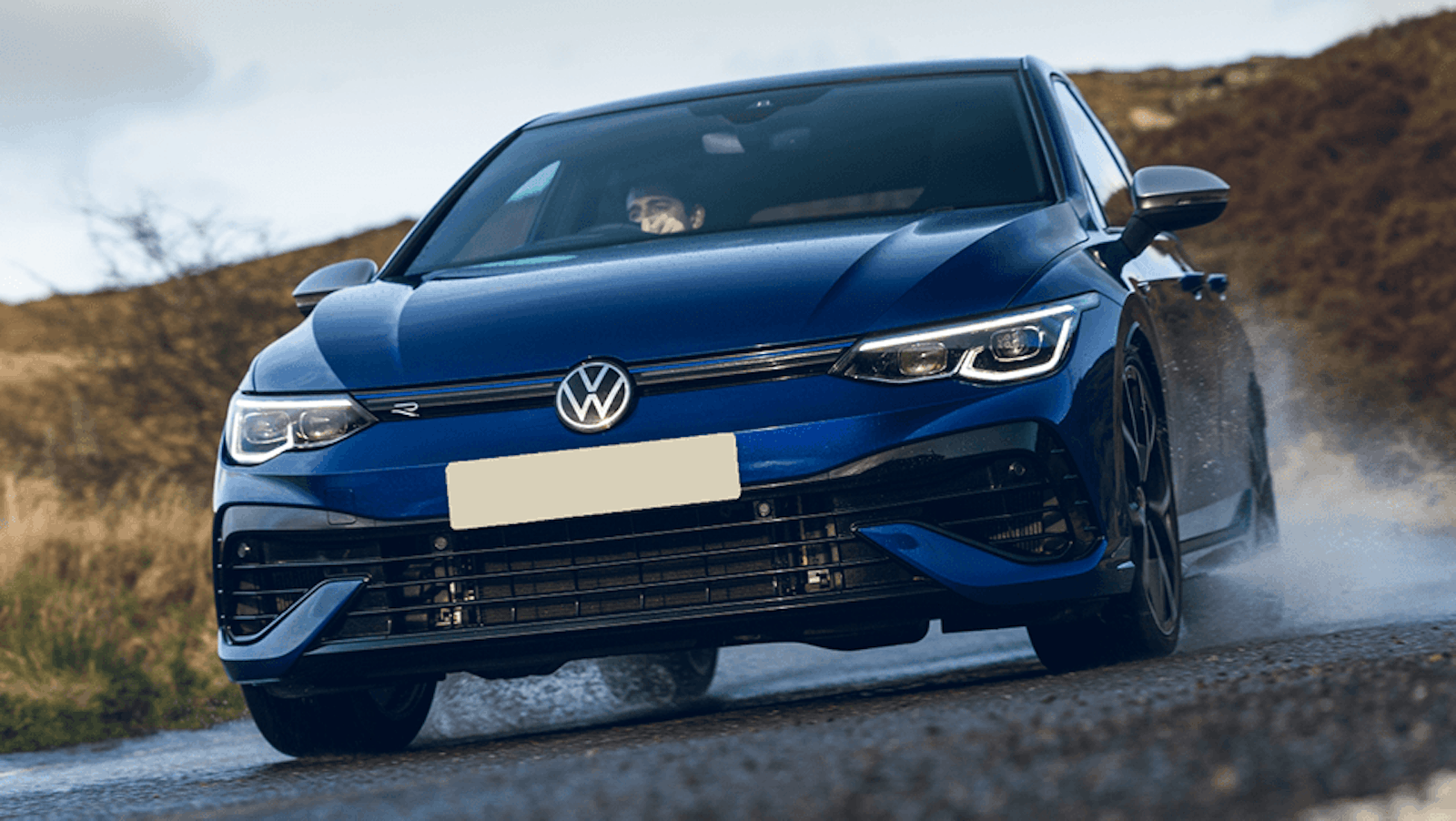What is VW 4Motion?
January 28, 2022 by Ryan Hirons

VW 4Motion is offered across a number of the brand’s models and is basically its term for four-wheel-drive. It’s a bit like how Audi uses its ‘quattro’ system.
How does 4Motion work, which cars have it and should you be considering it?
What is 4Motion?
Volkswagen uses 4Motion as a term for its four-wheel-drive models, meaning engine power is sent to both the front and rear axle rather than just one axle in other models.
The benefit of this is that your car has more traction in slippery conditions. The downside is that four-wheel-drive systems are inherently heavier and more complex than two-wheel-drive — which also applies to VW’s 4Motion. It’s also typically more expensive.
The different types of 4Motion
There are two key types of 4Motion systems — Haldex and Torsen. The former is used most commonly in cars with engines mounted widthways under the bonnet (such as small family hatchbacks and most small SUV), and the latter lengthways (a common layout in large saloons, big SUVs and many performance cars).
Both operate in different ways but you won’t notice a difference between the two in normal driving conditions.

Haldex
Haldex systems will send power to the front wheels most of the time. They have an electronic clutch that can selectively to send up to half of the engine’s power to the rear wheels to improve grip if necessary.
Torsen
Torsen systems will typically have a 50/50 split of power at all times, though many can automatically send a greater percentage of the engine’s grunt to the rear axle.
Which models come with VW 4Motion?
Volkswagen offers 4Motion across a number of its models. Some are based on your engine choice, though others have it as standard across the range.
- Volkswagen Golf R
- Volkswagen Golf Estate Alltrack
- Volkswagen T-Roc (optional)
- Volkswagen T-Roc R
- Volkswagen Tiguan (optional)
- Volkswagen Tiguan R
- Volkswagen Touareg
- VolkswagenPassat (optional)
- VW Arteon (optional)

Is VW 4Motion worth it?
In short, VW 4Motion’s appeal will depend on your use case.
It has the benefit of improved grip in slippery conditions, so if you’re regularly using gravelled roads or in rural lanes that are particularly prone to harsh conditions, the extra grip may help.
4Motion models tend to be more expensive than two-wheel-drive equivalents and use more fuel too. Two-wheel-drive models will be more than sufficient if you’re just running around town or cruising up and down the motorway.
Pros of VW 4Motion
- Improved grip in slippery conditions
- Delivers better traction for performance oriented-models
Cons of VW 4Motion
- Typically more expensive than two-wheel-drive equivalents
- 4Motion cars have a higher fuel consumption
VW 4Motion FAQs
Is VW 4Motion the same as four-wheel-drive?
Yes, VW uses 4Motion as a term for its four-wheel-drive cars.
Are VW 4Motion and Audi quattro the same thing?
Both are marketing terms for four-wheel-drive systems. Some models will have mechanically-similar systems, but that’s not the case for all.
Cars Change? Carwow!
Looking for a new set of wheels? With Carwow you can sell your car quickly and for a fair price – as well as find great offers on your next one. Whether you’re looking to buy a car brand new, are after something used or you want to explore car leasing options, Carwow is your one stop shop for new car deals.















